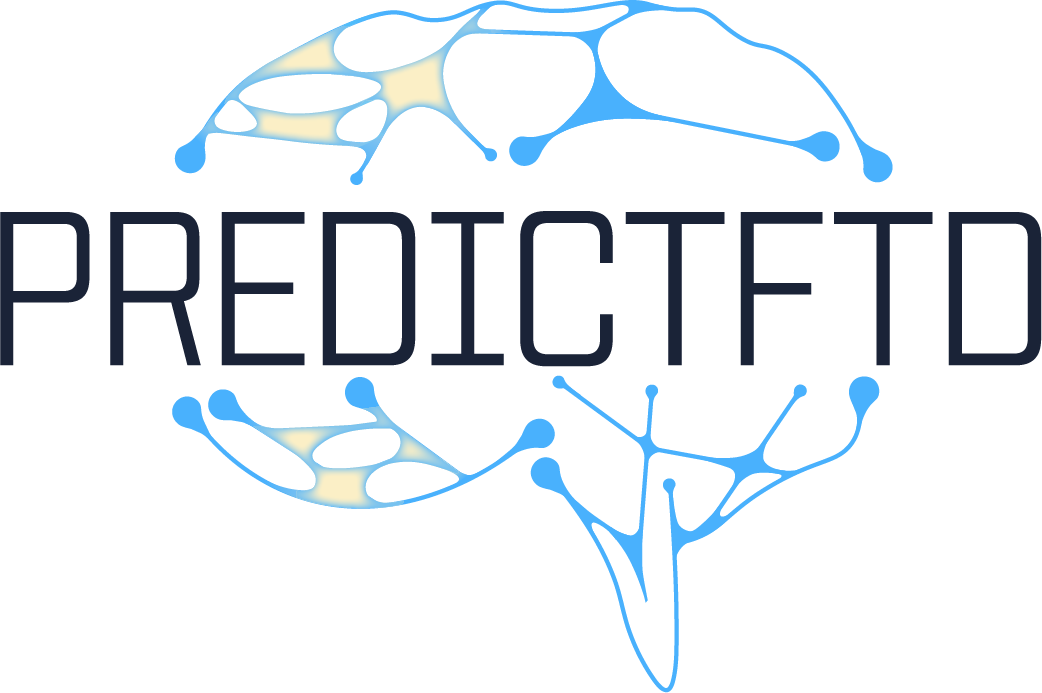About the research topic
Frontotemporal dementia (FTD) is a neurodegenerative disease that encompasses a broad spectrum of heterogeneous clinical conditions. Approximately 15-30% of FTD patients have a positive family history, which means the majority of FTD cases are non-familial (termed sporadic FTD), and have no definitive diagnostic biomarkers. This results in a long delay between FTD onset and definitive diagnosis, averaging 3.6 years. The PREDICTFTD study seeks to address the unmet need for reliable biomarkers and diagnostic tools for early detection of sporadic FTD and its molecular subtypes. By validating biomarkers and developing AI-assisted diagnostic algorithms, the study aims to improve early diagnosis, facilitate the development of targeted therapies,and ultimately enhance patient outcomes. From the Biomedical Imaging Group, Laura Dias, Esther Bron and Viktoria Ehret, in collaboration with the neurologist Harro Seelaar, are involved in developing multi-modal data-based AI algorithms using imaging and fluid biomarker data. These algorithms will be validated for their abilities to resolve clinical challenges, including distinguishing FTD from other brain diseases and discriminating FTLD-Tau from FTLD-TDP.




